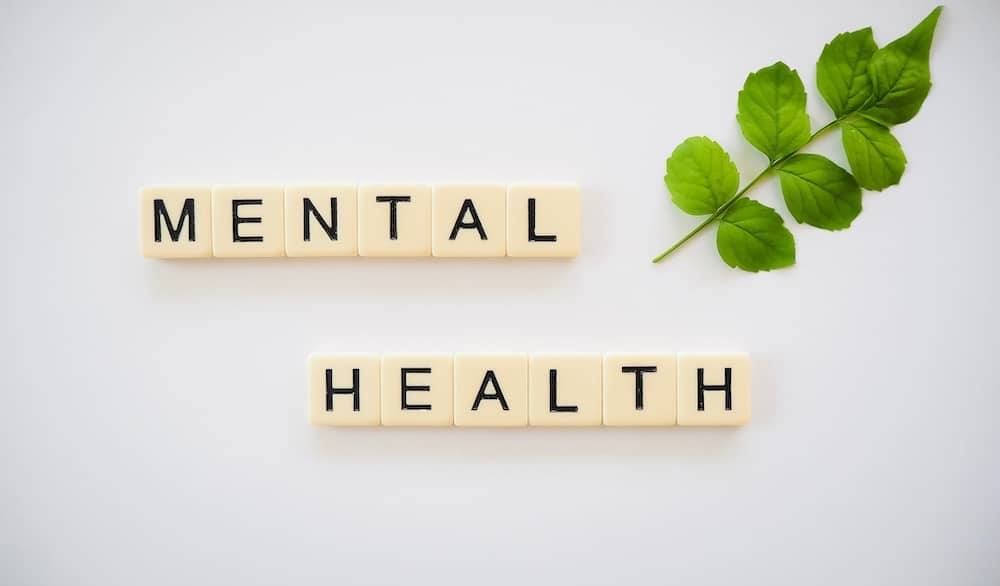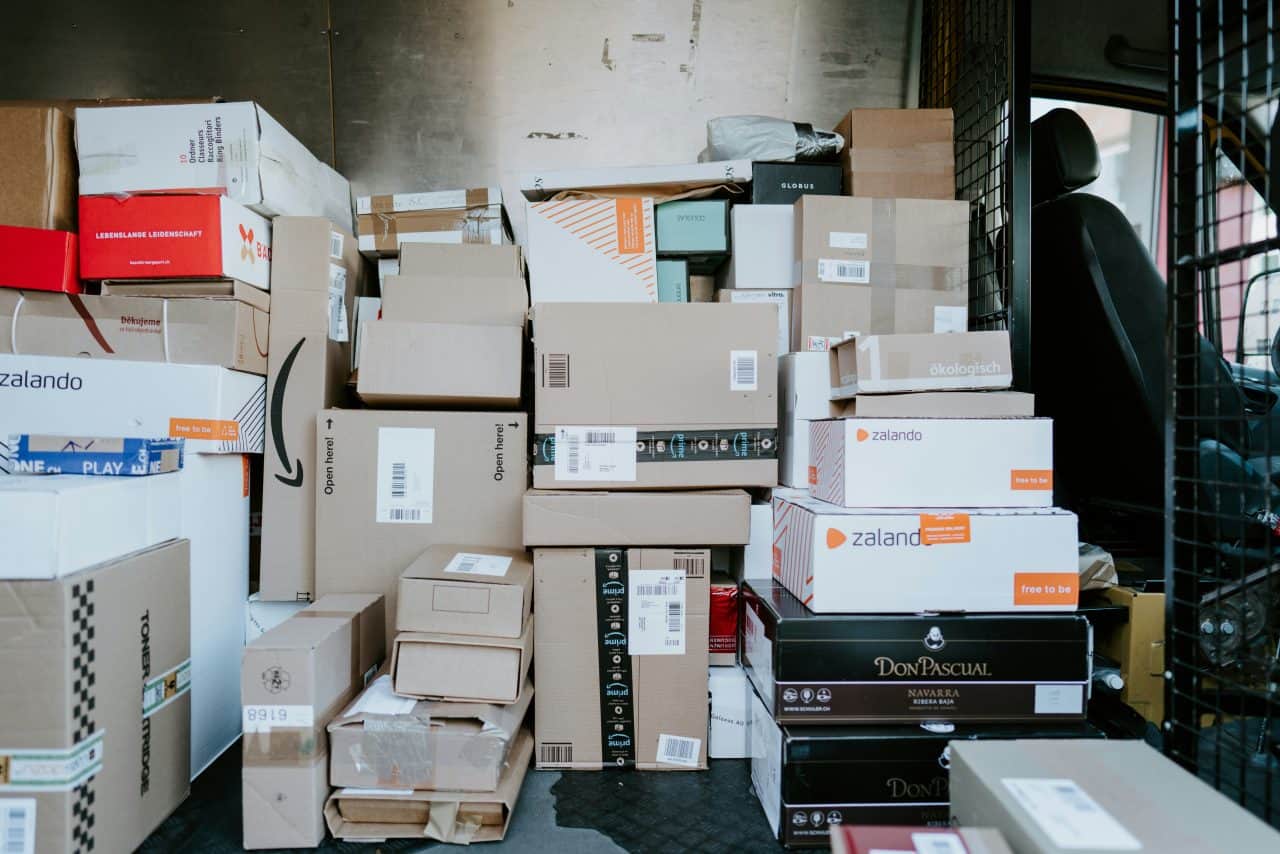America’s mental health crisis today is a specter that rose from the ruins of the past. In the late 20th century, specifically during the 1970s and 1980s, a seismic shift swept across the nation’s approach to mental health care. Large psychiatric institutions, once the cornerstone of American mental health treatment, were shuttered en masse. The intention was noble: replace the cold, impersonal asylums with community-based care, offering individuals with mental health challenges more personalized and compassionate treatment. But like a treatment plan gone awry, the prescription for a healthier society brought on unexpected side effects.
Without adequate planning and resources, the road to mental health reform was paved with good intentions but marred by deep potholes. Thousands of those in need were left adrift, forming a direct pipeline from healthcare institutions to the country’s burgeoning prison system.
Fast forward to today, and the legacy of this era echoes in the halls of correctional facilities nationwide. The psychological journey of felons – navigating the tumultuous waters of crime, the harsh realities of incarceration, and the labyrinth of societal reintegration – has become a topic of urgent concern. This narrative is often exacerbated by a lack of accessible mental health resources, creating a silent crisis within a crisis. Many felons, shackled by their circumstances, are unaware of or unable to reach the help they so desperately need.
In this piece, we will dive into this critical issue, shining a light on the mental health resources available for felons while also highlighting where support is lacking. Our journey into this complex issue will give us a better understanding of the struggles these individuals face, a narrative shaped by the consequences of decades-old policy decisions. It’s a story that, though rooted in the past, continues to profoundly impact the lives of felons today.
Navigating the Murky Intersection of Crime, Incarceration, and Post-Incarceration
Building upon the foundational understanding of America’s mental health crisis, we turn our focus to the psychological journey of felons, an intricate path intertwined with crime, incarceration, and societal reintegration.
Research indicates that criminal behavior and mental health issues often operate in tandem, with an alarming prevalence of mental health disorders among incarcerated individuals. Indeed, prison bars have become, for some, a poor substitute for the closed doors of mental health facilities.
Within the stark walls of a prison, individuals are subjected to an environment that can augment existing mental health issues. The harsh realities of incarceration — isolation, stress, and a dearth of mental health services — etch deep psychological scars that are far from visible to the naked eye.
Exiting the prison gates doesn’t spell the end of hardship. Felons are thrust back into society, navigating a gauntlet of challenges, including societal stigma, employment hurdles, and strained personal relationships. These difficulties can often intensify pre-existing mental health conditions or sow the seeds for new ones.
This complex psychological journey illuminates the urgent need for accessible mental health resources, a lifeline in the tumultuous waters of reintegration. As we transition to discussing these resources, we bear in mind the resounding impact of the past on the lives of felons today.

Mental Health Resources for Felons
One of the main challenges that felons face after their release is finding adequate and affordable mental health care in the community. Many of them lack health insurance, income, transportation, and social support, which can hinder their access to treatment and recovery services. Moreover, some of them may face stigma, discrimination, or legal barriers that prevent them from receiving the care they need.
Fortunately, there are some mental health resources available for felons who are seeking help for their psychological issues. Some of these resources include:
- Community mental health centers (CMHCs): These are public or nonprofit organizations that provide a range of mental health services, such as assessment, counseling, medication, case management, crisis intervention, and peer support. CMHCs often operate on a sliding scale fee or accept Medicaid, making them more affordable for low-income individuals. You can find a CMHC near you by visiting findtreatment.samhsa.gov or calling 800-662-HELP (4357) for a referral.
- Community health centers (CHCs): These are federally funded clinics that offer primary care and preventive services to underserved populations, including people with mental health conditions. CHCs may also provide mental health screening, referral, and treatment as part of their integrated care model. You can find a CHC near you by visiting findahealthcenter.hrsa.gov or calling 888-275-4772.
- Peer support programs: These are programs that connect people with lived experience of mental health conditions and/or incarceration with others who share similar challenges and goals. Peer support can offer emotional, social, and practical assistance to felons who are coping with mental health issues and reintegration difficulties. Peer support can take various forms, such as peer-run organizations, self-help groups, recovery centers, or peer specialists. You can learn more about peer support and find a program near you by visiting mentalhealthamerica.net or peersforprogress.org.
- Specialized reentry programs: These are programs that aim to facilitate the transition of felons from incarceration to the community by providing comprehensive services and support. Some of these programs may focus on addressing the specific needs of people with mental health conditions, such as providing case management, counseling, medication, housing assistance, employment assistance, education assistance, and legal assistance. You can find a list of some reentry programs by state at reentry.net.
Conclusion
In conclusion, the journey for felons – marked by the intersection of crime, incarceration, and post-incarceration struggles – is laden with mental health challenges. These struggles are in many ways, a legacy of America’s past decisions on mental health care. Today, resources exist to help felons navigate their complex psychological journey, but significant barriers to access remain.
As we grapple with the reality of mental health among felons, our focus must extend beyond merely making resources available. It is equally critical to dismantle stigma, increase awareness, and make help-seeking a sign of strength, not weakness. In doing so, we can begin to bridge the gap between the shadows of our past and a future where mental health care is accessible and equitable for all, regardless of their past mistakes.
So what do you think about this blog post The Psychological Journey: Mental Health Resources for Felons? Have you or someone you know been in that situation? What was that like and what happened? Please tell us in the comments below.







